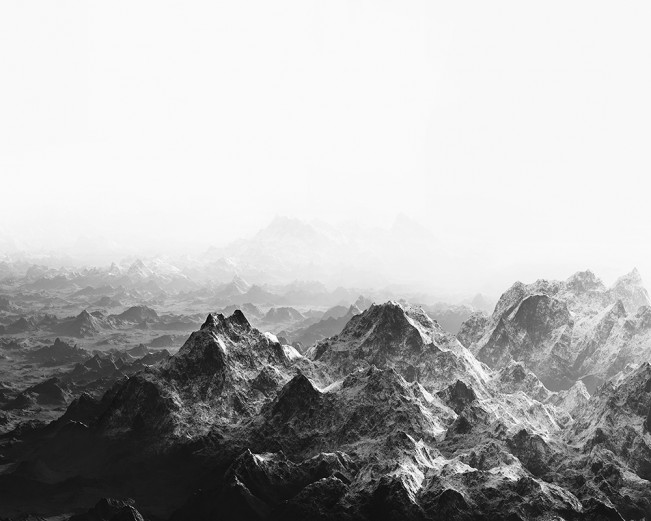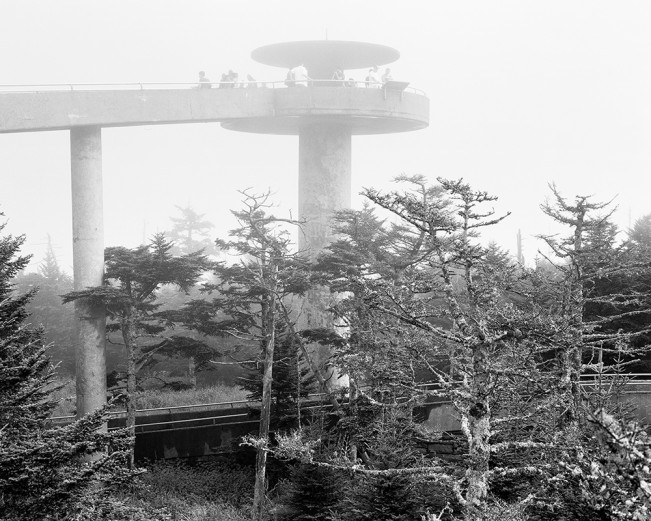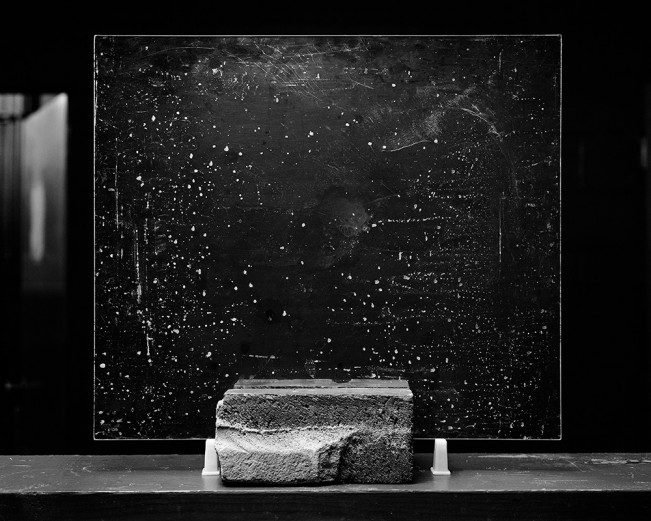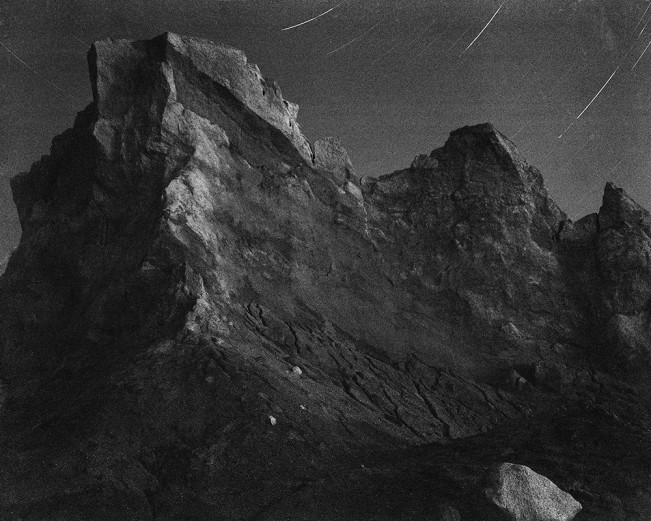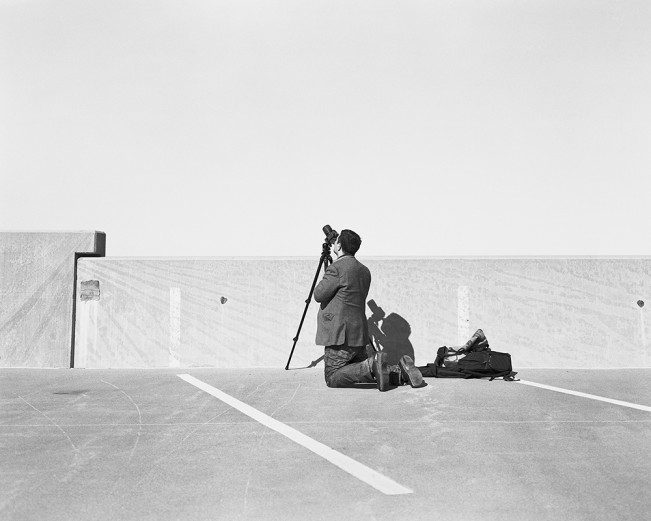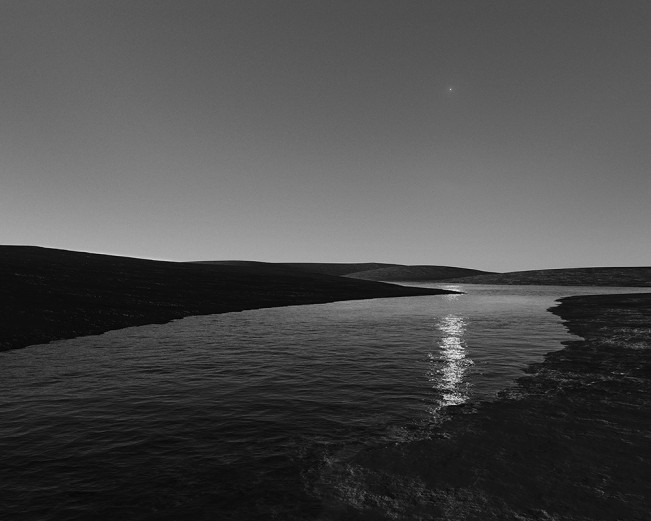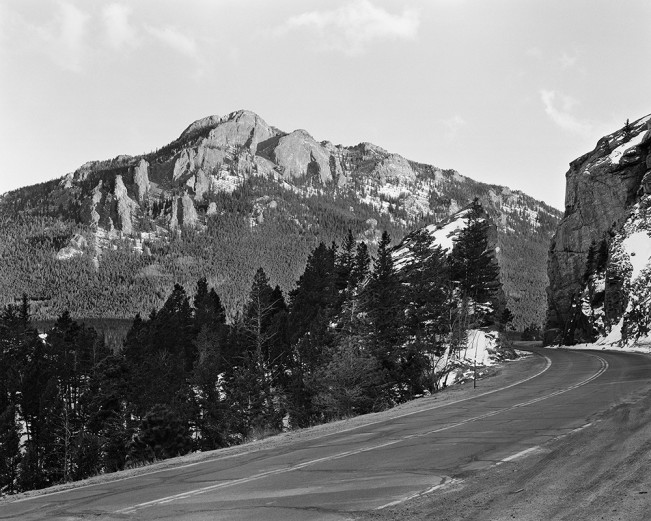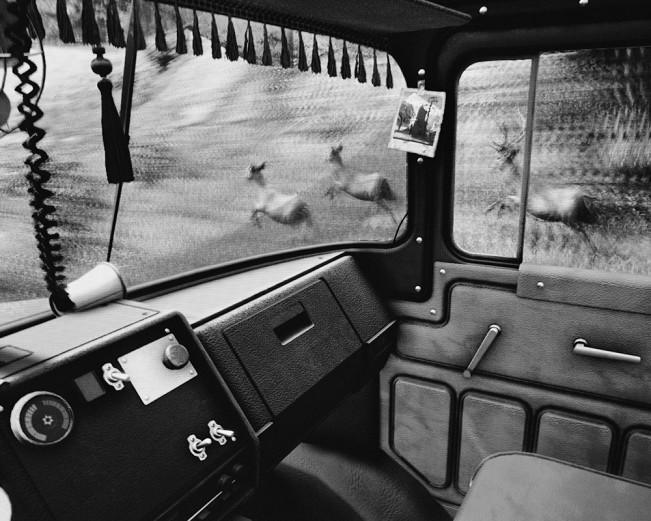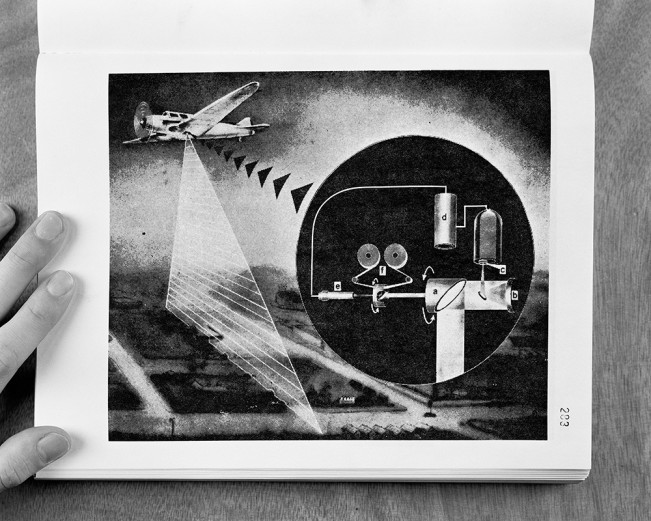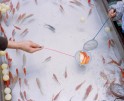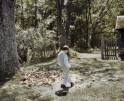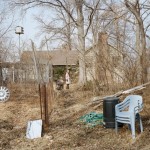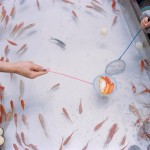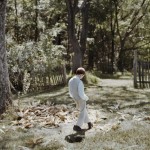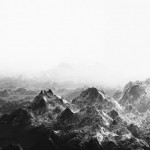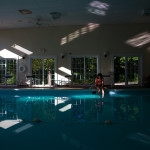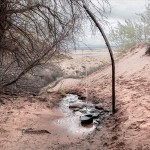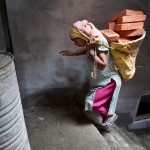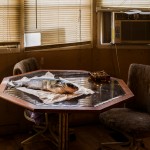Drew Nikonowicz: 2015 LENSCRATCH Student Prize 1st Place Winner
Over the past week Lenscratch editors Grant Gill, Sarah Stankey, Clay Lipsky, and I spent many hours looking at hundreds of projects submitted to the 2015 Lenscratch Student Prize. It was a stellar group of submissions and we were more than impressed by the next generation of fine art photographers. We were happy to see a level of intelligence and excellence in image making that dare I say, was quite remarkable. In fact, there were many excellent projects that deserved to be recognized that did not make the cut. This week we feature all the winners starting with our 1st Place awardee, Drew Nikonowicz. Drew is working on his BFA at the University of Missouri – Columbia.
Drew’s project, This World and Others Like It, has a singular, but complex vision. His project straddles the line between past and present, analog and digital and examines the idea of how we map our terrain in a time where anything is possible. His stark black and white capture is a nod to traditional markers of the landscape but it also unifies the idea of how we consider our world, whether from the viewpoint of a canyon’s edge with a 4 x 5 camera or within a uniquely created landscape of video gaming or even architectural rendering. We are mapping the world whether real or not, and it’s the contextual unknowing that makes this work so exciting.
Drew Nikonowicz is an artist from Saint Louis, Missouri who is currently living and working in Columbia, Missouri. His work employs computer simulations as well as analogue photographic processes to deal with landscape and exploration in contemporary photography. He is the winner of the 2015 Aperture Portfolio Prize, has been published in Der Greif Magazine’s A Process and has shown work at Photokina, Cologne.
This World and Others Like It
This World and Others Like It investigates the role of the 21st century explorer by combining computer modeling with analogue photographic processes. Drawing upon the language of 19th Century survey images, I question their relationship with current methods of record making.
Thousands of explorable realities exist through rover and probe based imagery, virtual roleplaying, and video game software. Within the contemporary wilderness, robots have replaced photographers as mediators producing images completely dislocated from human experience. This suggests that now the sublime landscape is only accessible through the boundaries of technology.
Posts on Lenscratch may not be reproduced without the permission of the Lenscratch staff and the photographer.
Recommended
-
Elise Kirk: 2015 Lenscratch Student Prize Honorable MentionJuly 5th, 2015
-
Zora Murff: 2015 Lenscratch Student Prize Honorable MentionJuly 4th, 2015
-
Ke Peng: 2015 LENSCRATCH Student Prize Honorable MentionJuly 3rd, 2015
-
Hannah Cooper McCauley: 2015 LENSCRATCH Student Prize Honorable MentionJuly 2nd, 2015
-
Aaron Canipe: 2015 Lenscratch Student Prize 2nd Place WinnerJune 30th, 2015

